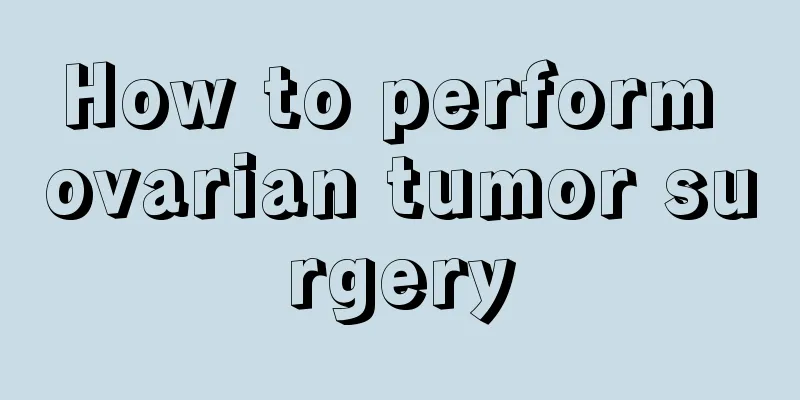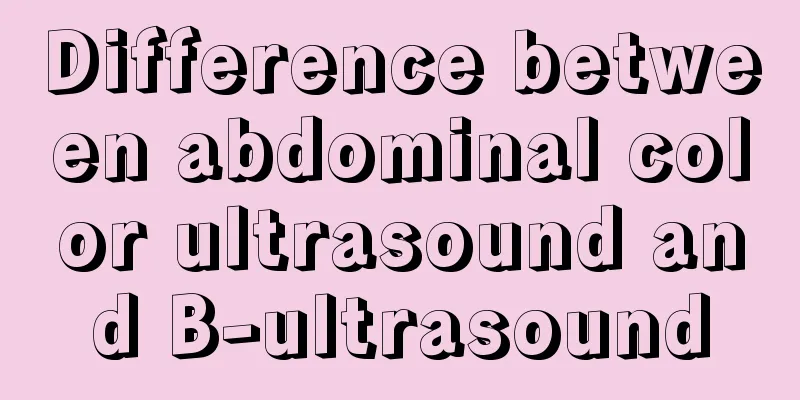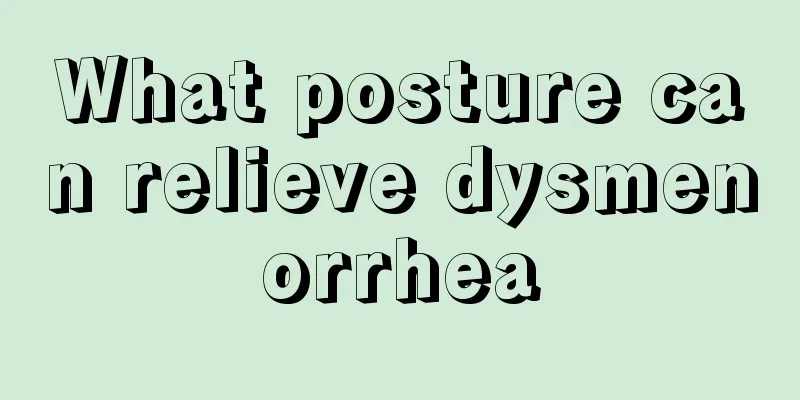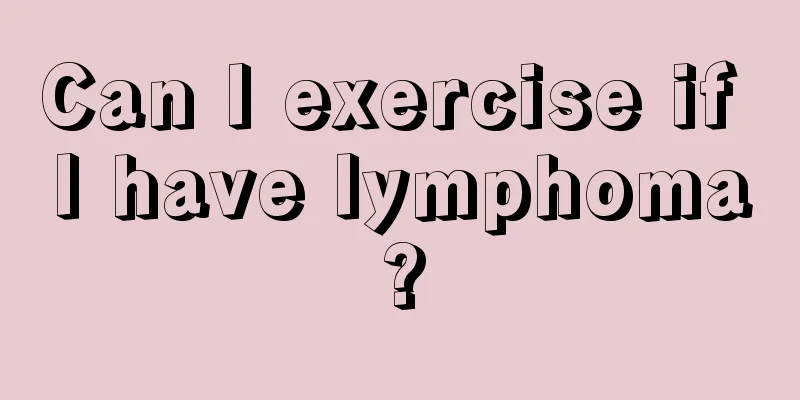Traditional Chinese Medicine Treatment Methods for Laryngeal Cancer
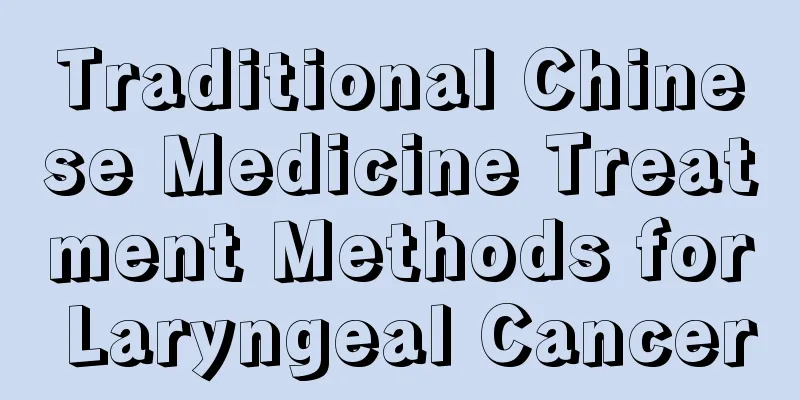
|
There are many names for laryngeal cancer in TCM literature, such as laryngeal fungus, laryngeal mushroom, laryngeal rock, laryngeal carbuncle, laryngeal sore, flowering carbuncle, and lock throat sore. Most of them are named after symptoms. For example, laryngeal fungus grows in the throat, and the description of its symptoms is also quite detailed, such as "at first it is like scrofula, unable to eat, blocked and difficult to pass, gradually swollen and ruptured", "laryngeal fungus is like duckweed, slightly high and thick, purple, grows beside the throat", "its color is black, bad breath, phlegm, hoarseness, it is an incurable disease". As for the pathogenesis of this disease, it is believed that it is caused by eating too much rich food, or depression and qi stagnation, or anger due to the seven emotions. Treatment with Chinese medicine: For patients with cough, yellow sputum, blood in sputum, hoarseness, sore throat, poor appetite, aversion to cold and fever, Qingyan Lige Decoction can be used with modifications. Drugs: Forsythia, Gardenia, Honeysuckle, Scutellaria, Coptis, Platycodon, Raw Rhubarb, Sophora flavescens, Scrophularia, Licorice, Sheqian, Tripterygium wilfordii, etc.: For patients with sore throat and loss of voice, laryngeal erosion, thin body, poor appetite, chest fullness or adverse reactions after radiotherapy, Buzhong Yiqi Decoction can be used with modifications. Drugs: Astragalus, Codonopsis, Atractylodes, Bupleurum, Cimicifuga, Tangerine Peel, Angelica, Sophora flavescens, Prunella Vulgaris, Kelp, Seaweed, Belamcanda, Angelica dahurica, Licorice, etc. It is also a component of comprehensive treatment. Traditional Chinese medicine combined with surgery: Traditional Chinese medicine plays a unique role in the comprehensive treatment of laryngeal cancer, including improving symptoms, improving quality of life, prolonging life, and stabilizing or shrinking tumors to a certain extent. By combining it with surgical treatment, radiotherapy, and chemotherapy in a planned manner, adverse reactions can be significantly reduced and long-term efficacy can be improved. (1) Preoperative Chinese medicine treatment: mainly to prepare for surgery, improve the patient's general condition and organ function, and facilitate surgical treatment. Most of them use Qi-tonifying and blood-nourishing or spleen-strengthening Qi-tonifying drugs such as Junzi Decoction, Bazhen Decoction, Baoyuan Decoction, Shiquan Dabu Decoction, etc., or combine with TCM syndrome differentiation and treatment to make adjustments. (2) Postoperative Chinese medicine treatment: Chinese medicine treatment is given in the short term after surgery to restore physical fitness and improve or alleviate certain adverse reactions after surgery, such as low fever, decreased appetite, abdominal distension, and constipation. Treatment usually uses Xiangsha Liujunzi Decoction to regulate the spleen and stomach, Yupingfeng Powder to replenish qi and strengthen the exterior, and Zengye Decoction to nourish yin and produce body fluid. Long-term use of Chinese medicine conditioning after surgery is to improve physical fitness and minimize and avoid recurrence and metastasis. (3) Traditional Chinese medicine combined with radiotherapy: Radiotherapy combined with traditional Chinese medicine can enhance the sensitivity of tumor cells to radiation, prevent and alleviate the adverse reactions and sequelae of radiotherapy, consolidate the effect of radiotherapy, prevent recurrence and metastasis, and improve long-term efficacy. Traditional Chinese medicine believes that radiation is a heat toxin that affects the source of qi and blood biochemistry, and qi deficiency can also lead to blood stasis. According to traditional Chinese medicine theory, the prevention and treatment of these adverse reactions to radiotherapy should be treated by the principles of replenishing qi and nourishing yin, promoting body fluid and moistening dryness, strengthening the spleen and stomach, nourishing the liver and kidneys, clearing away heat and detoxifying, and promoting blood circulation and removing blood stasis. Treatment should be carried out according to different parts and symptoms. For example, the dry mouth and sore throat caused by head and neck radiotherapy can be treated with Zengye Decoction, and radiation pneumonia is often treated with Qingzao Jiufei Decoction. (4) Chinese medicine combined with chemotherapy: Chemotherapy drugs are toxic to a certain extent, and severe toxic reactions often affect the smooth progress of treatment. During chemotherapy, Chinese medicine combined with chemotherapy can improve the patient's general condition, strengthen the body, prevent and alleviate the adverse reactions of chemotherapy, and improve the effect of chemotherapy. It mainly combines the advantages of Chinese and Western medicine, giving full play to the strengthening effect of Chinese medicine and the expelling effect of chemotherapy drugs. |
<<: Clinical manifestations of colon cancer
>>: Some surgical treatments for laryngeal cancer
Recommend
What are the side effects of interventional treatment for liver cancer
Interventional treatment of liver cancer is a way...
What do meridians in traditional Chinese medicine refer to
Many health clubs now offer Chinese medicine weig...
What are the factors that induce nasopharyngeal carcinoma?
Nasopharyngeal carcinoma is a common malignant tu...
Top ten taboos before going to bed
You must have a good life before going to bed so ...
How long can you live with osteosarcoma
The survival time of osteosarcoma patients also d...
How to make a homemade fetal heart rate monitor?
When pregnant, pregnant women often want to know ...
Can bamboo charcoal absorb formaldehyde?
After moving into a new home, you should move in ...
How many of the top ten short-lived habits do you have?
How many of the top ten short-lived habits do you...
Can hamartoma polyps turn into cancer?
Hamartoma polyps are benign lesions and usually d...
Will cervical cancer cause lower back pain and bleeding?
Will cervical cancer cause lower back pain and bl...
Things to note after prostate biopsy
When prostate cancer is suspected, a prostate pun...
How to diagnose fibroid disease
Fibroma is formed by the proliferation of fibrobl...
What are the consequences of varicose veins in the lower limbs?
The first impression that varicose veins in the l...
What disease causes swollen sheep joints
Caprine viral arthritis is not a literal problem ...
Islet cell transplantation is expected to cure diabetes
Diabetes is a chronic disease, previously known a...


